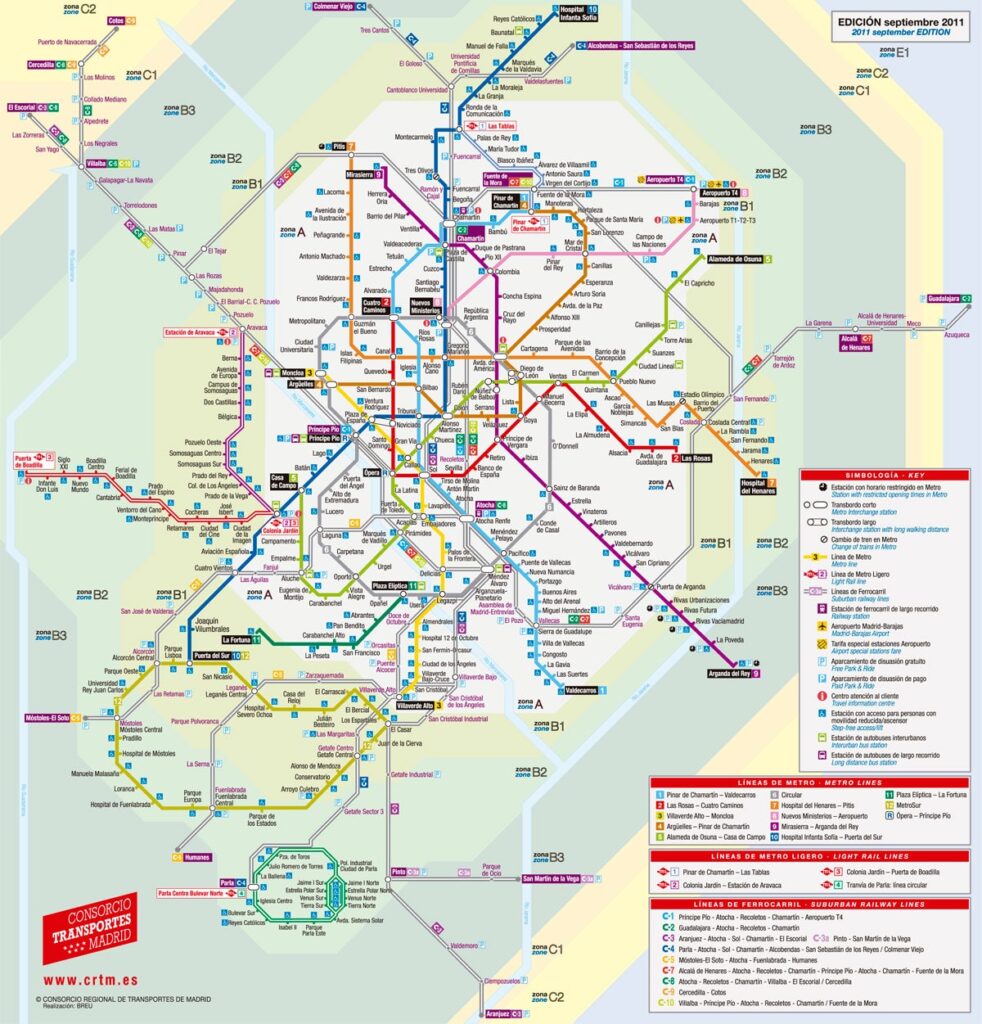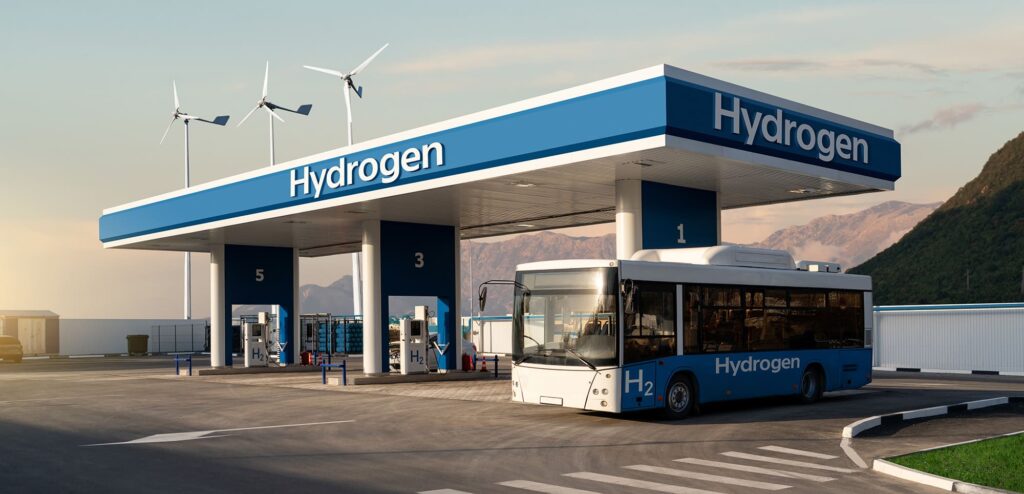Insights on the energy transition challenges for the bus sector

In April, VTM was present at the Bus2Bus trade fair in Berlin. This conference is one of the main events for the European bus and supplier industry. It was a fantastic opportunity to identify this sector’s hottest trends and talk with people from the industry, mainly bus and electric charging infrastructure manufacturers.
In parallel to the trade fair, many exciting presentations were held on the Future Forum Stage, a space dedicated to discussing the bus industry’s current achievements and pressing challenges in the energy transition endeavour.
The main takeaways from talks with industry players and the presentations are:
- Although remarkable achievements have been made, governments must continue supporting the industry to reach the sustainable targets established for the near future. The total cost of ownership of e-buses is still considerably higher than that of diesel buses, especially due to vehicle and charging infrastructure CAPEX and battery replacement costs. If the investment risk is transferred entirely to the private sector, operators may not opt to renew their fleets entirely with zero-emission buses.
- Bus operators, mainly the small/medium-sized ones, are still struggling to adapt. There is a clear need to upskill labour to adapt to e-buses operations and retrofit depots. Data analytics and fleet optimization are paramount to upgrade diesel operations to electric.
- Coaches face challenges regarding energy transition: battery range is still limited for these operations, and a lack of fast charging infrastructure on the main motorways hinders the adoption of electric vehicles in this segment in the short term.
- The shortage of drivers is widespread throughout Europe and may leverage the future rollout of autonomous driving to help overcome this issue. A few solutions have already been successfully tested in real traffic.
- The largest bus manufacturers are offering turnkey solutions, bundling the provision of buses and chargers with maintenance agreements and project management to retrofit depots.
- Chinese e-bus manufacturers are gaining market share at a remarkable pace. According to Chatrou-CME Solutions data, in 2023, BYD, Yutong, Golden Dragon, Zhongtong, and Zonson represented 30% of the European market.
- Battery capacity has reached a level that allows buses to have an autonomy of around 500 km per complete charging (in ideal conditions) without the need to charge in the middle of the day. This long-range makes e-buses suitable for most urban operations in Europe.
Undoubtedly, the coming years will bring many technological breakthroughs, and we at VTM are following the bus industry developments closely to work side-by-side with our clients on this transition process.
Latest news
All news
New study reveals how street network layout shapes urban mobility cultures across Europe
A collaboration including VTM’s Cristian Adorean uncovers fresh insights into the relationship between city design and travel behaviour. A new study published in Cities examines how the layout of street networks—measured as “circuity”—relates to varied mobility cultures across 41 European cities. Co-authored by VTM senior consultant Cristian Adorean, the research explores how urban environments shape […]

Key challenges to widespread adoption of clean hydrogen in urban mobility: a chicken-and-egg problem?
This is the third article of a trilogy about the application of hydrogen technologies in transport. The first one and the second one are still accessible on our website. Our previous article briefly introduces the tech under the hood of fuel cell vehicles (FCV) and their main advantages over battery electric vehicles (BEV). Depending […]
